What Is the Best Way to Save Money?
The best way to save money is to understand how much money comes in, how much goes out and what you spend it on.
Then, create a realistic budget and track your data to save money. For many people, using the 50-30-20 rule will create the structure necessary to save without feeling restricted.
Written By Tiffany Woodfield, Financial Coach, TEP®, CRPC®, CIM®
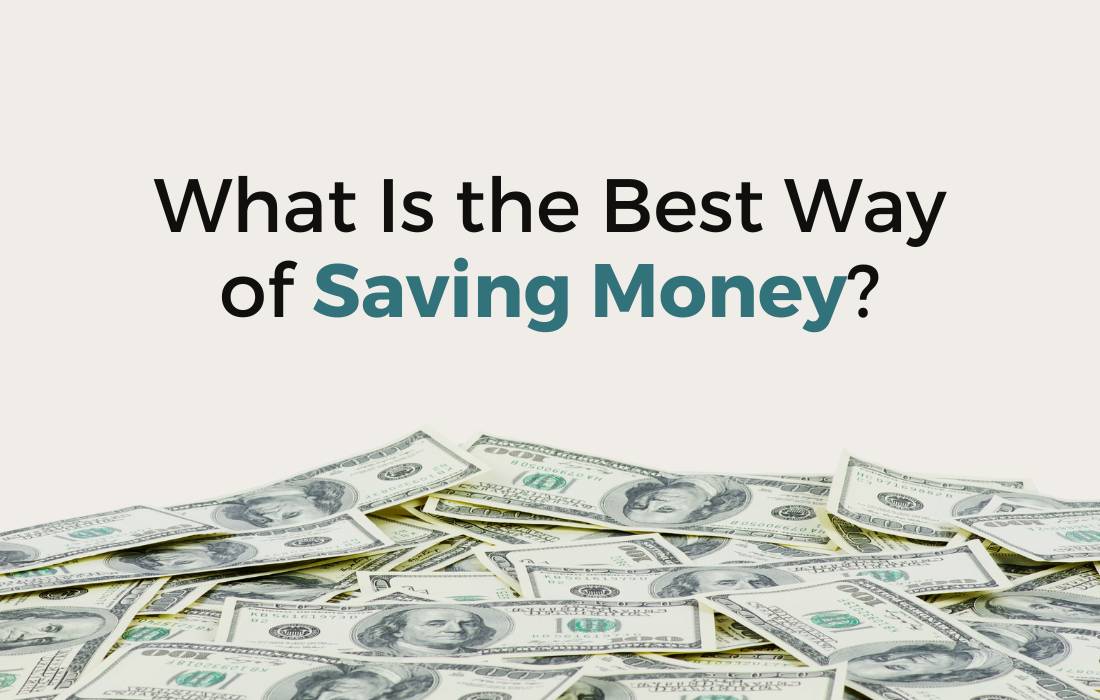
How I Approach Saving Money
Several years ago, an offhanded remark caught me off-guard: “Think of how much more money you’d have if you didn’t buy so many clothes.”
The words came from someone who scarcely knew a page of my financial story, yet their judgement echoed within me. It struck a chord, not because their assumption was accurate, but because it unearthed a silent question within me – was I being frivolous?
The truth is, the sting from that comment became a catalyst for self-reflection.
Clarity about my finances was missing, and without it, I had been navigating through my spending with a vague sense of direction.
I meticulously examined my finances – income versus expenses – and sectioned my spending into clear priorities. This allowed me to define a precise figure I could spend on personal enjoyment, ranging from fashion to entertainment and self-care.
It was an allowance that I could indulge in without the shadow of guilt because my necessities and savings were already covered.
Saving isn’t about stripping away the zest of life by eliminating all nonessentials; it’s more about creating a harmonious balance. It allows you to enjoy the pleasures that life offers within clear-cut boundaries.
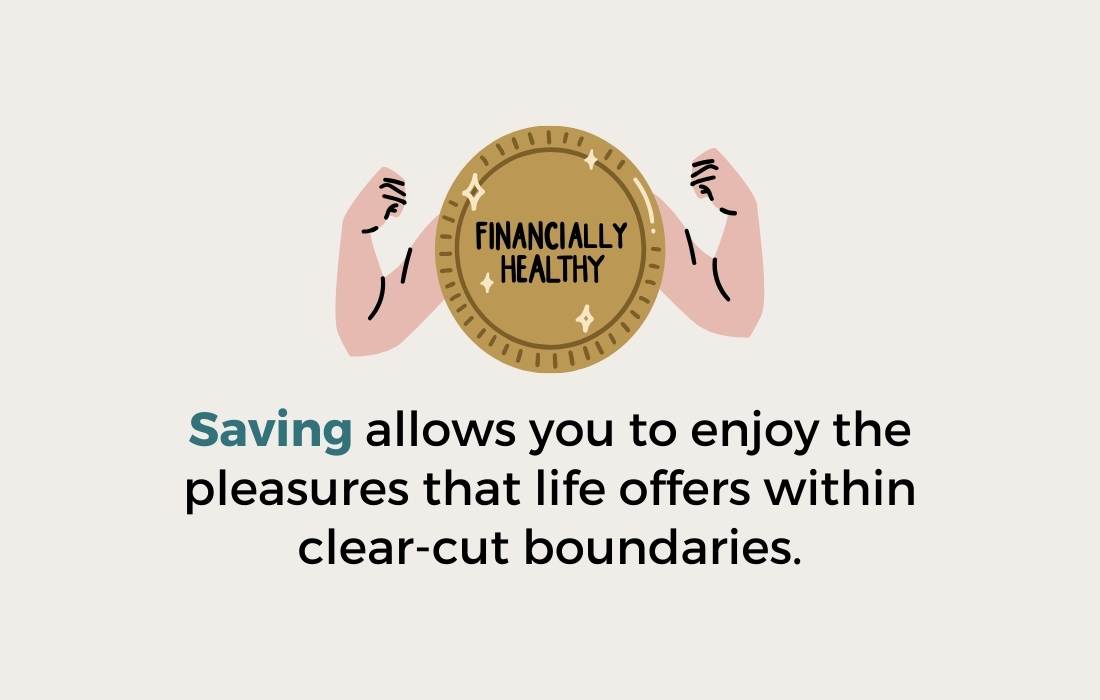
Questions on Saving Money:
What are the most effective ways to start saving money?
To chart a saving path, begin by taking a ‘snapshot’ of your incoming and outgoing funds.
This first step isn’t just about figures; it’s about recognizing patterns and understanding the flow of your financial life. Once you’ve done this, align your spending into three buckets:
- Essentials: These are your non-negotiables – food, housing, transportation, and other utilities. They are the foundations upon which your financial house is built.
- Savings and Debt Repayment: Prioritize growing your savings cushion while managing debt. These are like the walls that protect your financial house from unexpected storms.
- The Extras: Leisure activities, dining out, and other indulgences are the décor in your financial house. They make life enjoyable but should be managed so as not to compromise the structure’s integrity.
The next step is to use the modern tools at your disposal to make the process seamless:
- Automate Your Savings: Have a portion of your income automatically transferred to a savings account. Think of it as a ‘subscription’ to your future self.
- Embrace Budgeting Tools: Whether it’s an app or a spreadsheet, find a budgeting tool that resonates with you.
- Set Concrete Goals: Goals give you direction.
- Stay Accountable: Whether it’s through a financial advisor or a supportive friend, accountability keeps you on track.
Finally, cultivate a savings mindset.
Having a positive money mindset means treating the act of saving money not just as a task but as an investment in your future security. Remember, saving money isn’t a sprint; it’s a marathon. So celebrate the small victories along the way, and know that each step forward is a step towards greater financial independence.

How much of my income should I save each month?
One of the most popular rules is the 50/30/20 budget rule, which states that 50% of your income after taxes should be used for needs, 20% for savings and debt repayment and the final 30% for wants.
Is it better to pay off debt or save money?
When deciding whether to pay off debt or save money, you must consider how much the debt costs you.
This means looking at the interest rate you are being charged for borrowing this money. High-interest consumer debt, such as credit card debt, is currently charging an average of 22.63% in 2024. It is very difficult to get ahead when you are paying this much interest.
You will want to focus on paying this down as quickly as possible.
Mortgage interest rates are lower, and in the U.S., the interest you pay on your mortgage can be tax deductible, with a few limitations. This means it costs you less money.
So, while it is always a good idea to reduce your debt, it also depends on what type of debt you have.
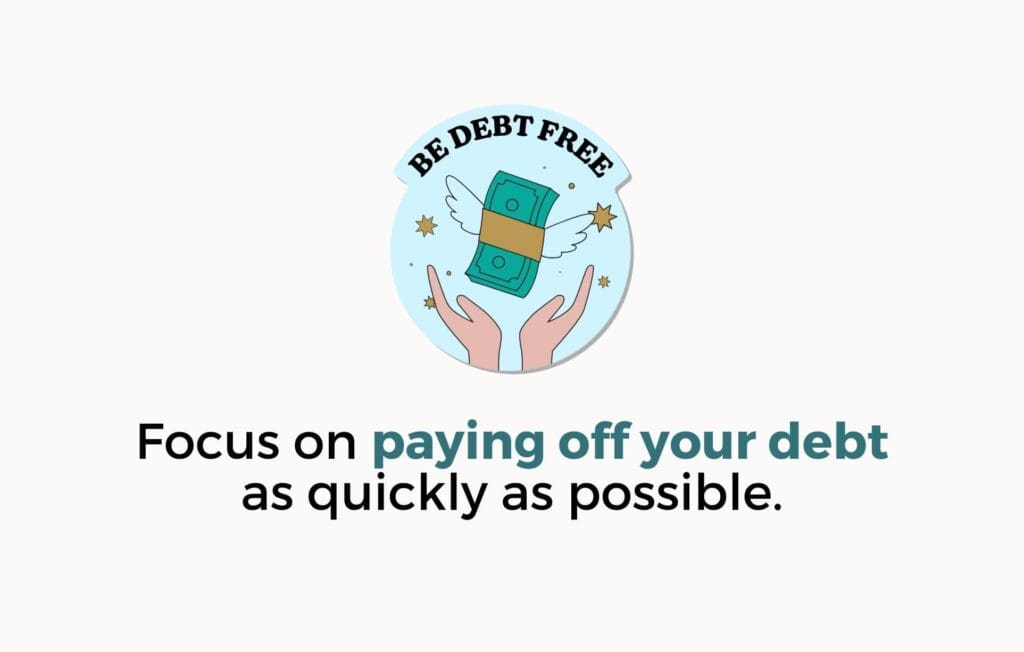
What types of savings accounts are best for earning interest?
High-yield savings accounts (HISA) generally offer interest rates that are 10-20 times higher than traditional savings accounts. Shopping around to determine which account is best for you is important.
How can I save money on everyday expenses?
Options to save money on everyday expenses are:
- Plan food for the week ahead
- Cancel unnecessary subscriptions
- Use coupons
- Pack your own lunch
- Use a budget tracker app and be aware of where your money goes
- Pause before you make any purchases, asking if this is a need or want
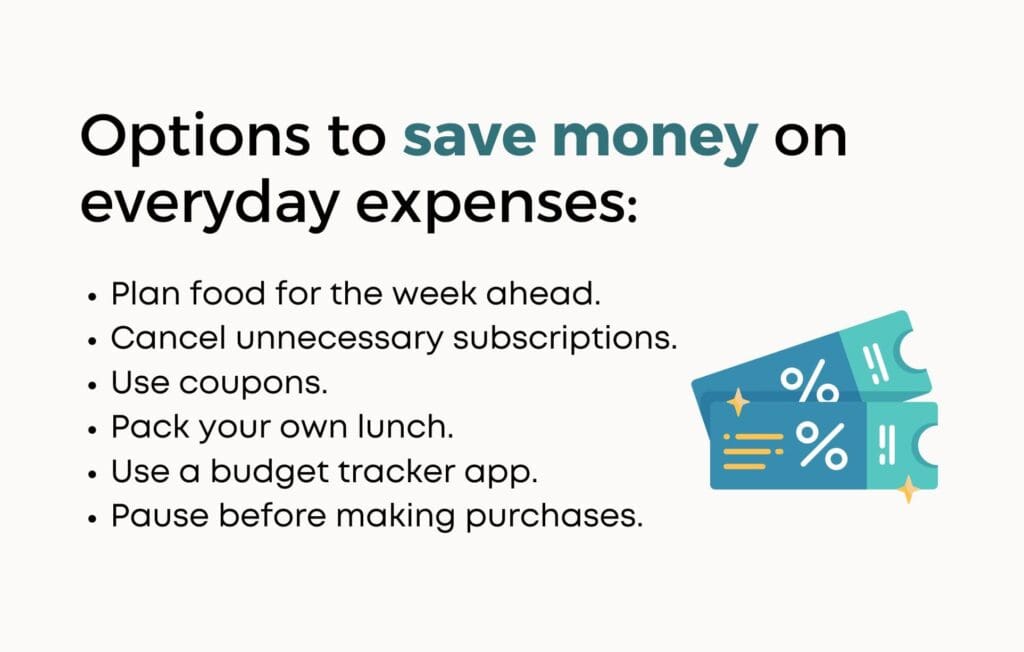
Get the Free Guide and Audio Meditation for Manifesting Your Dreams
Pop your email address in the form below to get my easy checklist and guide to manifesting and the guided audio meditation to help you get started.
You’ll also get one or two emails per month with the latest blog posts about abundance, wealth-building, manifesting, and creating a fulfilling life.
Related Articles
💎 Budgeting 101: How to Create and Follow a Simple Budget
💎 How To Become Good at Saving Money
💎 How To Become Rich by Saving Money
About the Author
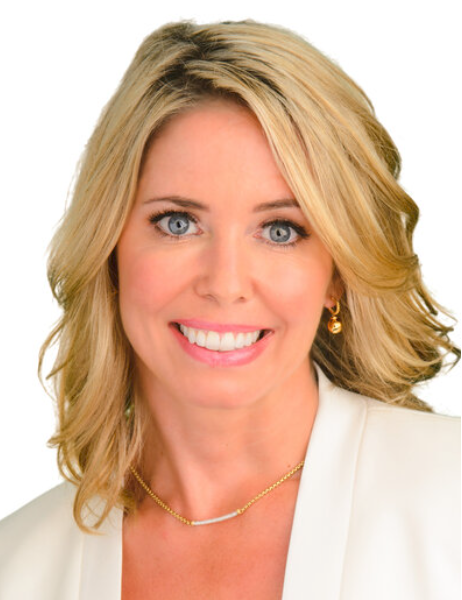
TIFFANY WOODFIELD is a financial coach, cross-border expert, and the co-founder of SWAN Wealth based out of Kelowna, BC. As a TEP and associate portfolio manager, Tiffany has extensive experience working with successful professionals who want to leave a legacy and enjoy an adventurous, work-optional lifestyle. Tiffany combines extensive knowledge from her background as a financial professional with coaching and her passion for personal development to help her clients create a unique path that allows them to live their fullest potential. Tiffany has been a regular contributor to Bloomberg TV and has been interviewed by national and international publications, including the Globe and Mail and Barron’s.